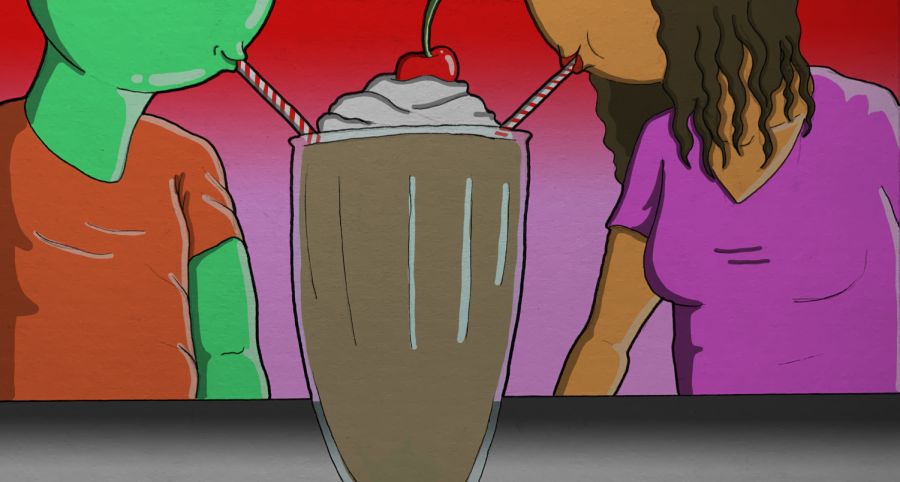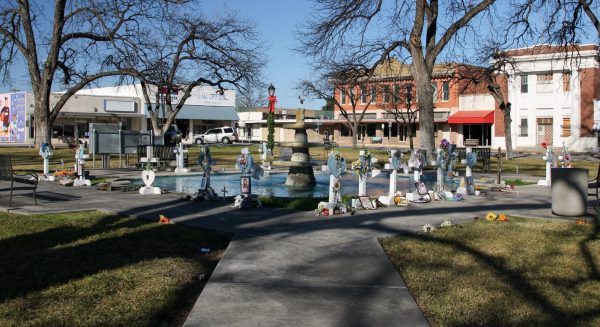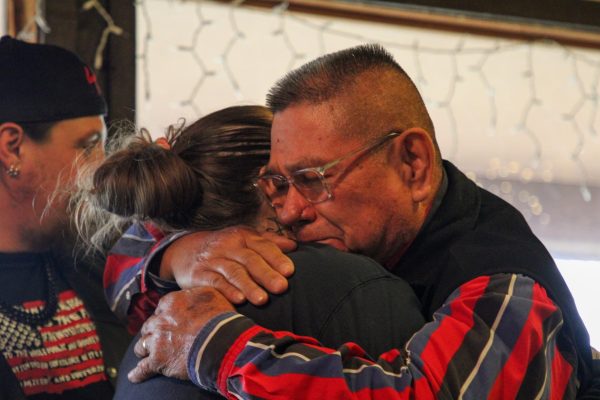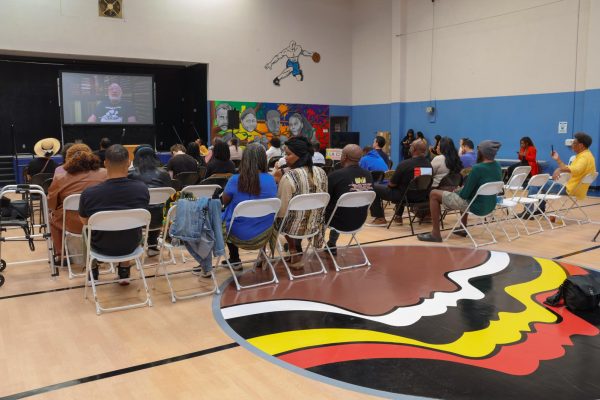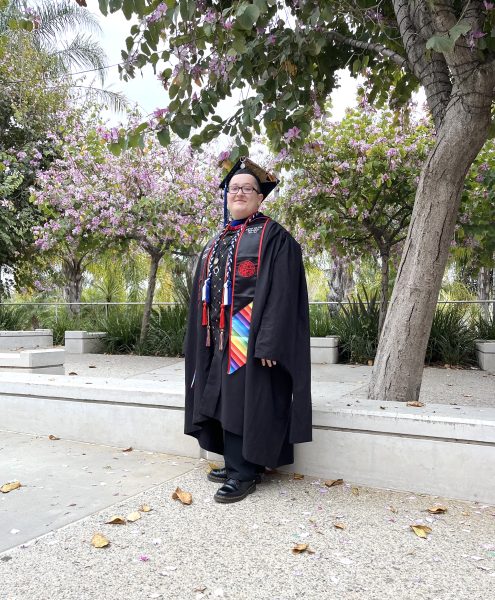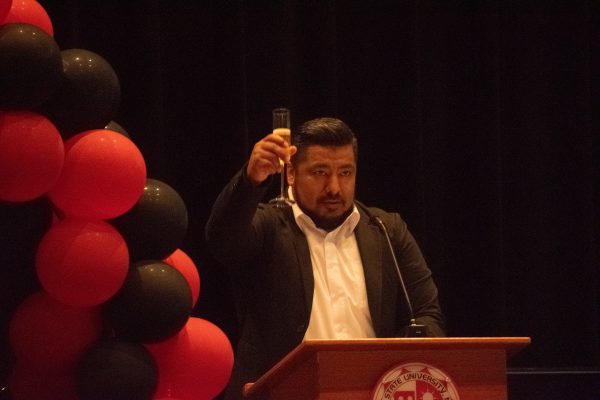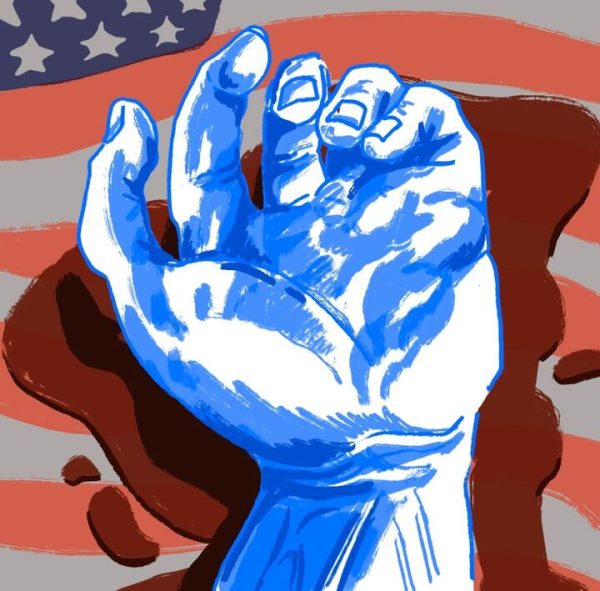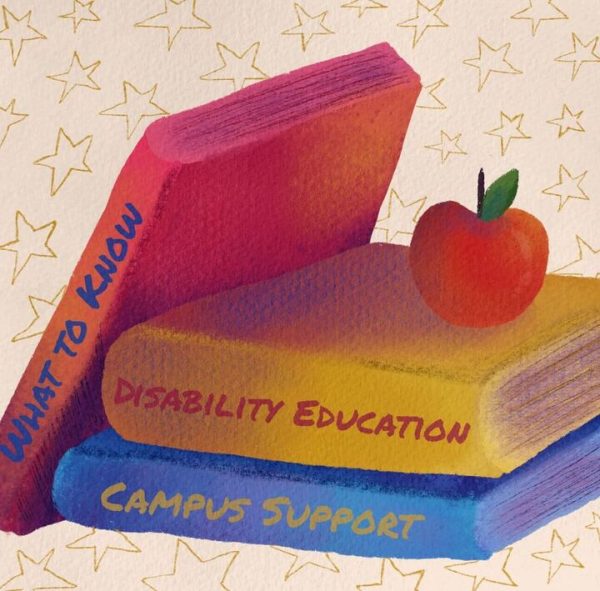OPINION: Mono, an uncommonly common disease
Illustration
December 7, 2022
During the fall and winter seasons, lots of people tend to feel under the weather, usually because of the prevalence of the cold and flu. College students are no exception to this.
One disease that tends to be overshadowed and should be discussed more is infectious mononucleosis. Mono is a disease that causes fatigue, sore throat, swollen glands and sometimes rashes.
It is known as the “kissing disease” because it’s commonly caused by the Epstein-Barr virus, which is usually spread through saliva, according to the Centers for Disease Control and Prevention. However, infectious bodily fluids are also spread by sharing drinks, food and eating utensils, as well as sharing lipstick and lip balms.
Nonetheless, mono is a disease that isn’t talked about as much as it should be. I recently recovered from this illness, and let me tell you it’s no picnic.
I first felt sick on a Tuesday, and the illness’ symptoms reached their peak the following day. However, by Thursday I was starting to feel better, and on Friday I felt 100% again. When I went out that night for an event thinking I was all better, I was in for a rude awakening. On Saturday I felt super sick all over again, and my throat was so sore I could barely eat anything.
I later tested positive for mono after seeing a doctor a couple of times. Yet, learning about my mono diagnosis was somewhat of a relief since I finally knew what was wrong with me. I had been scared during the time leading up to my diagnosis since my illness was a mystery. Soon, a big weight was lifted off of my shoulders when I knew what it was that affected me.
Now that I have recovered, I can speak of it in a clearer, more confident voice. I believe this disease should be talked about more and not ignored. To demonstrate how common mono is, a collection of studies on EBV and infectious mononucleosis found that EBV infects more than 90% of the global population. Given that mono is primarily caused by EBV, this may suggest that catching mono is more common than one would think.
Mono may especially be a concern with college students, as they tend to be in close proximity with each other — whether this may be through sharing drinks and food, or being physically intimate. It is very important for people in college to know what they are dealing with.
My friend, Emily Paul, who lives in Rhode Island, also believes that she suffered from mono during the peak of the pandemic in 2020. Because of the similar symptoms she shared with me, Paul looked back and figured that she had mono too. The only place she received any medical help was in an emergency room after visiting three times. This was due to high rates of COVID-19.
“They only wanted to test me for COVID and strep [throat],” Paul said. “They didn’t even want to test for anything else.”
Paul said that she felt the hospital was negligent and was so focused on COVID-19 that they seemed to ignore any other diseases — including mono.
She felt that the hospital’s “due diligence” was less than perfect as they were so hung up on one thing that they could not see the whole picture.
“I was tested five times for COVID and was negative. They tested me for strep [throat] and I was negative,” Paul said. “I was like ‘let’s move on now.’ I could have recovered more quickly had they tested me for mono.”
Paul said that her entire recovery time took nearly seven weeks, as opposed to the typical two to four weeks had they tested for mono in the first place. She was prescribed a series of antibiotics, but since no one knew what the issue was, it was trial and error finding the right one.
With no vaccine for mono in existence, experts typically recommend treating the disease with plenty of rest and fluids, as well as pain-relieving medication. A doctor may also prescribe an antibiotic to help combat mono and its symptoms. For me, I was prescribed acyclovir and the numbing agent lidocaine.
Although everyone reacts differently to different diseases, any signs of illness are strongly urged to get checked out by a doctor. I cannot stress that enough.
Seeing a health care professional can help pinpoint the problem and work toward a solution in fixing it. Nothing is more important than good health.
